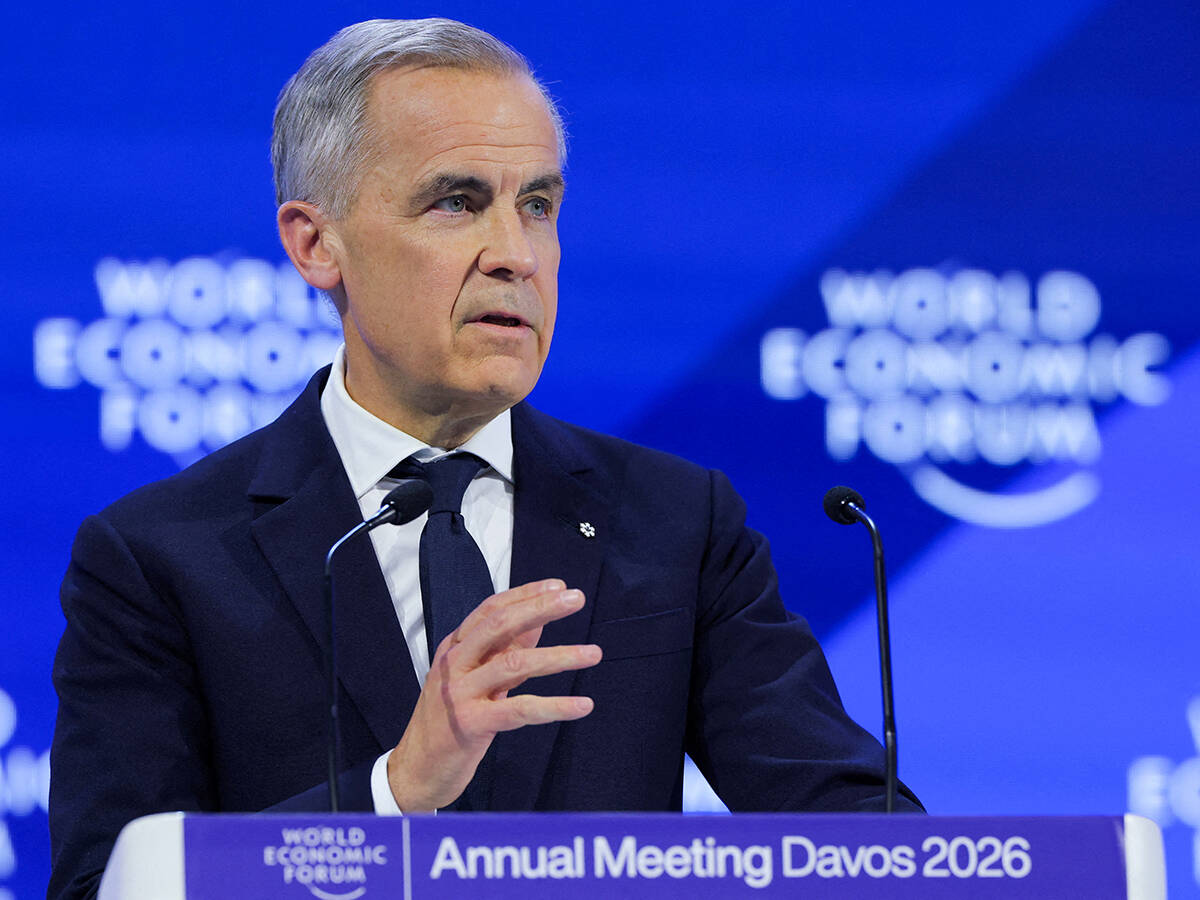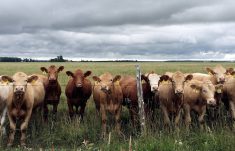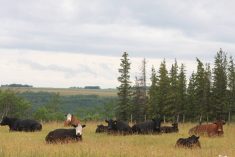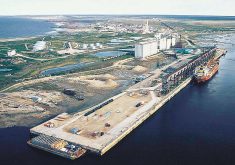Manitoba farmers are caught in the middle of a nasty spat between Ottawa and Broadway.
The province recently scrapped its carbon tax proposal after learning Ottawa would be imposing its own.
That concerned local farm groups as the provincial proposal had some hard-fought recognition for the precarious position of the province’s farm business community.
Most sectors are export oriented, and as price-takers rather than price-setters, they have no ability to pass on their higher costs to their customers. Carbon taxes could render them uncompetitive on the world stage.
Read Also

Canadian agriculture has to back up diverse trade if it wants it
Cheap and easy access to U.S. trade is a relic of the past and market diversification is expensive: What’s Canadian agriculture to do?
The Manitoba plan addressed this reality by exempting fuel for tractors and other equipment as well as heating and grain-drying fuels.
Just a few days after Manitoba pulled the plug, the federal plan came out. It exempted equipment fuel but included heating and drying fuel, to the dismay of the local farm community.
It might not sound like much to most people, but as our Allan Dawson found out this week while reporting on the issue, the numbers add up fast. For barn operators in most sectors it’s going to mean a few thousand dollars a year in unavoidable costs, to cite just one example.
What’s especially frustrating is that it appears the dispute is more driven by partisanship than the pursuit of sound public policy.
From the Manitoba perspective, the feds didn’t seem to know what the right and left hands were doing. The Keystone province observed, in a single day, both the carrot and the stick in Ottawa’s effort to bring the province back into line.
Intergovernmental Affairs Minister Dominic Le Blanc offered Manitoba an olive branch Oct. 25, suggesting the federal government was open to reconsidering the provincial proposal.
The same day the Winnipeg Free Press reported that multiple sources confirmed federal Environmental Minister Catherine McKenna was seriously mulling the prospect of withholding the $67 million in federal funding promised to Manitoba for carbon retrofits.
The provincial response to the Ottawa offer wouldn’t exactly qualify as a sterling example of statesmanship.
The premier’s office issued a statement rejecting the idea of further talks out of hand, stating in part “the Liberals are talking out of both sides of their mouth.”
Amongst its other points included a shot at the honesty of the federal government, noting “… history has shown Manitobans can’t trust them at their word, especially when it comes to taxes.”
The statement went on to note the province had attempted good-faith negotiations for over a year, and got nowhere.
The more politically partisan might enjoy these sorts of exchanges, but ultimately they’re counterproductive.
Some time ago now this newspaper endorsed the Keystone Agricultural Producers for its clear-eyed and practical approach to the carbon issue.
The group realized a policy was coming and attempted to get ahead of it while other farm groups in other provinces dug in and fought it every step of the way.
It’s time for our political leaders at all levels to show the same sort of maturity and restraint.
The federal government should realize there are different realities from province to province and its top-down and prescriptive approach isn’t necessarily going to be fair.
The province does have a point about Manitoba’s massive investment over the decades in green near-zero carbon hydroelectric power.
Nearby Saskatchewan, with its similar climate, is one of the largest per capita emitters of carbon dioxide in the world, according to a report from the University of Western Ontario’s Ivey School of Business. Saskatchewan produced 74.8 tonnes per capita in 2013. The same report stated Manitoba produced about one-third of that amount, at 21.4 tonnes per capita.
Much of that difference lays in Saskatchewan’s dependence on fossil fuels for electric generation versus Manitoba’s reliance on expensive megaprojects that harness stored water.
The province, for its part, should recognize that there is little to be gained by tweaking the nose of the federal government, no matter how satisfying that might be in the short term.
In the long run, the province and the feds have to work together to come up with the best public policy possible for citizens.
For the citizens of this province who farm, the best public policy will be one that recognizes the reality of their situation and allows them to remain competitive. Which political team comes up with that solution is secondary.
The truth is, the majority of us don’t truly care which group holds the levers of power, so much as we value knowing that those levers are being pulled in a responsible and forward-thinking way.

















